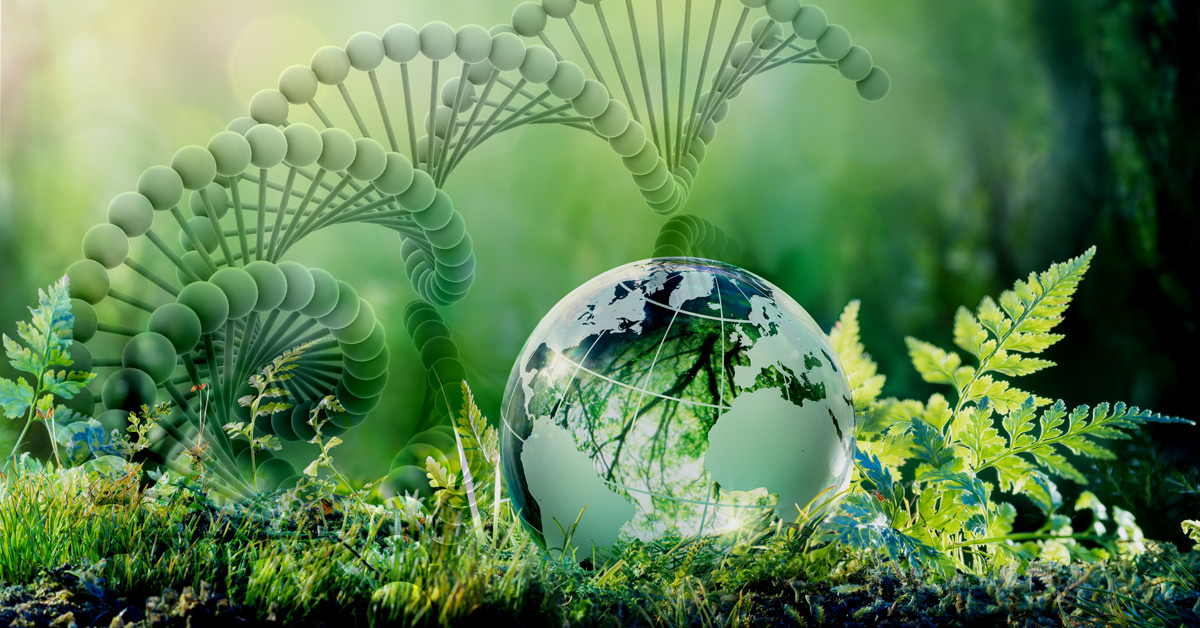
Study sheds new light on the risks of new genetic engineering
A recent study has highlighted how changes in single genes can impact food webs and ecosystems, as reported by Testbiotech. In the study, the researchers separated out and planted different genetic variants (alleles) of the genetic model organism Arabidopsis thaliana – which would all exist together in natural populations. The outcome was surprising: even a reduction in the diversity of a single gene caused species interacting with the plants to become extinct. The researchers therefore refer to such genes as "keystone genes".
The researchers were able to show that the plants produced more or lesser amounts of specific natural substances (glucosinolates) depending on the particular gene and variant under investigation. The research paper focused on the impact of the different gene variants on the occurrence of aphids and beneficial insects (parasitoid wasps) which parasitise the aphids. Under the experimental conditions of the trials, there was a clear tendency: It was found that the reduction in genetic diversity was fostering destabilization of the food webs, the number of insects was often reduced or the investigated species became extinct. With one of the genetic variants, however, there was a strong increase in number of aphids and wasps, which also may indicate a potential disturbance of the ecosystems.
Organisms interact either directly or indirectly within ecosystems, thus creating complex food webs. Some species have a proportionately much higher influence on biodiversity within ecosystems and are, therefore, referred to as "keystone species". In contrast, there has thus far been very little research into the impact of "keystone genes" on biodiversity, because many of the complex interactions can only be partially investigated under experimental conditions. However, it remains a matter of uncertainty which genes under which conditions can be considered as ‘keystone genes’.
Testbiotech believes that these new findings are also highly relevant to the discussion on the risks of New GE (New Genetic Engineering). The published study shows that changes in one single "keystone gene" can have far-reaching consequences for ecosystems: if corresponding genes are made uniform, i.e. the frequency of the abundance of different variants is reduced, this can have a destabilizing effect. Natural populations mostly have a whole range of the different gene variants which can help to stabilize the ecosystems. However, especially CRISPR/Cas applications can be used to change all the variants (alleles) of a gene within a population at the same time and in the same way, or completely block the gene functions respectively.
In this regard, the application of gene scissors is as such very much more efficient than conventional breeding. If the genetically engineered plants are released into the environment, their negative impacts can go far beyond what might otherwise be expected. Such effects may also be caused as a consequence of unintended genetic changes due to processes applied in New GE. Against this backdrop, Testbiotech is warning against the approval of organisms derived from New GE without mandatory risk assessment.
---
The new study:
Barbour MA et al (2022). A keystone gene underlies the persistence of an experimental food web. Science 376(6588):70–73. https://www.science.org/doi/10.1126/science.abf2232
Source of commentary: Testbiotech